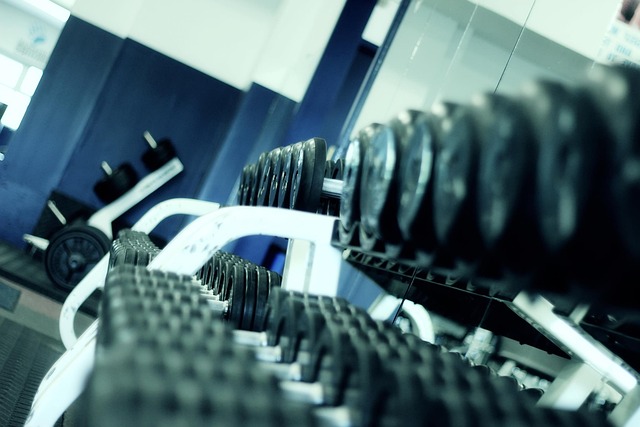When it comes to training young athletes, establishing strong foundations is not just about drills and practice. It’s about shaping a lifestyle rooted in health, nutrition, and balanced routines that support long-term performance and wellbeing. As parents, coaches, or mentors, guiding youth through this journey is both a responsibility and an opportunity to instill principles that will last a lifetime.
Lifestyle: Balance Beyond the Field
Young athletes often carry demanding schedules filled with practices, schoolwork, competitions, and social events. Cultivating a healthy lifestyle starts with balance. Adequate sleep is non-negotiable—most young athletes need 8–10 hours of restorative rest each night for muscle repair and mental clarity.
Incorporating regular downtime is just as crucial. Unstructured play or relaxation helps prevent burnout and supports emotional regulation. Ensuring time for hobbies outside of sports introduces variety and keeps the athlete psychologically fresh. Training for excellence involves more than physical effort; it requires intentional rest and a life built with purpose and perspective.
Health: Injury Prevention and Mental Wellbeing
Health is the cornerstone of athletic performance. For young athletes, this means staying proactive about injury prevention. Encourage dynamic warm-ups before training sessions and proper cool-downs afterward. Including cross-training days can help develop overall body strength and prevent overuse injuries by not overloading the same muscle groups repeatedly.
Physical health is only part of the equation. Mental health should be taken seriously, too. Young athletes experience pressure to perform, which can lead to stress or anxiety. Open conversations about feelings, resilience-building techniques, and encouragement from trusted adults can greatly impact a child’s confidence and motivation.
Nutrition: Fueling Performance and Growth
Nutrition is the fuel that powers the training engine. Young bodies are still developing and have unique nutritional demands. A well-balanced diet consisting of complex carbohydrates, lean proteins, healthy fats, and abundant fruits and vegetables supports energy levels and muscle growth.
Hydration, often overlooked, plays a significant role in maintaining focus and physical endurance. Young athletes should drink water throughout the day and increase intake during practices and games. Teaching children to listen to their bodies—eating when hungry and recognizing signs of dehydration—builds self-awareness that breeds healthier habits over time.
Supplements should never replace real food. While vitamins and protein powders may have their place under supervision, the majority of nutrients should come from whole foods. Meal prepping with the family can be a fun, educational experience that introduces young athletes to the importance of mindful eating.




